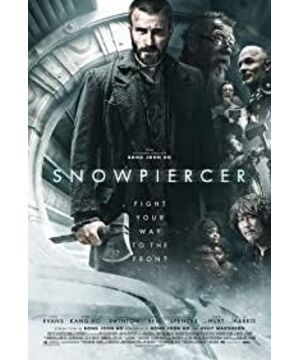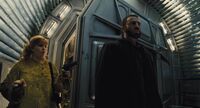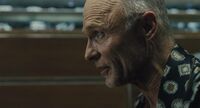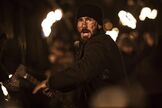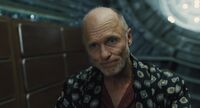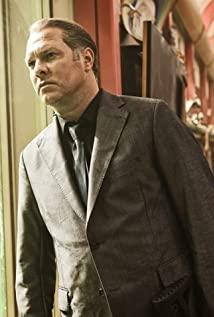The movie story is a work within the framework of Hollywood. A fixed pattern is selected on the scene, and a big conflict is created in it. "Small Conflict" is a common pattern. For example, the conflicts in "Die Hard" take place in a building; the stories of "Titanic" gather on a cruise ship; "Life and Death" takes place in a bus ; And "Snow Country Train" takes place in the train, creating a strong sense of excitement in this fixed pattern, and the sections of the carriages make people have the pursuit of electronic game clearance, and the observability naturally arises.
However, Feng Junhao went a step further in setting up a small pattern by using the future background of soft technology to embed a new set of orders into this "small pattern" to form a new set of survival rules and governance systems. Human nature, politics and other elements can further expand thinking, so the film has interpretability, which is also the reason why the film has an aftertaste after watching it.
But whether the story is wonderful or the core is deep, the movie is a commercial movie after all. Therefore, it shows melee, conflict or the main line in a large amount of time. The core only plays a finishing touch, so there are many core insertions. The details are not yet perfect. For example, why did the old man who "cooperated" with the conductor choose to be at the back of the car? The population has to be controlled, so why leave the lower class behind the car? These films have no expression, although it can make the audience think about it, but this is also the result of the film's inability to take care of it. But the film has a big frame anyway, so it's a success.
Because of his unique feelings for the apocalyptic, the setting of the movie is quite in line with the appetite, especially when the high-tech is overwhelming everyone, when the high-tech is overwhelming, the flame that symbolizes civilization has defeated everything, and the soundtrack is just right, and it burns all at once. Aroused the emotions of the audience. With the depth of the carriage, the contrast between the rich and the poor has further solidified the unevenness of the audience, so the end is highly anticipated.
But in the end, Bong Joon-ho easily played with the emotions of the audience, because the seemingly heroic male protagonist was always used by others, even if he finally attacked the captain, it was just a revolution in the existing train mode thinking, because He just wants to replace the car captain, but never thought of opening up a new era; in the same way, the audience has always been guided in inertial thinking, thinking that the protagonist will always be the protagonist, but just like the "Summer of Kikujiro", the end may be for you A reversal. Therefore, at the end of the movie, Song Kanghao, who is lurking behind the protagonist, slowly emerged from the water and jumped out of the inertial thinking of the train mode. He denied the captain and the protagonist’s revolution, and put forward the proposition of "new era". As the saying goes, if you don't break or stand, Song's denial makes the audience call deceived, and the story is further sublimated, so that the audience will worship. But such a bright ending is actually very common. The reason why the audience feels it is awesome is because of the previous scams that let the audience be played around. This is the key.
View more about Snowpiercer reviews


